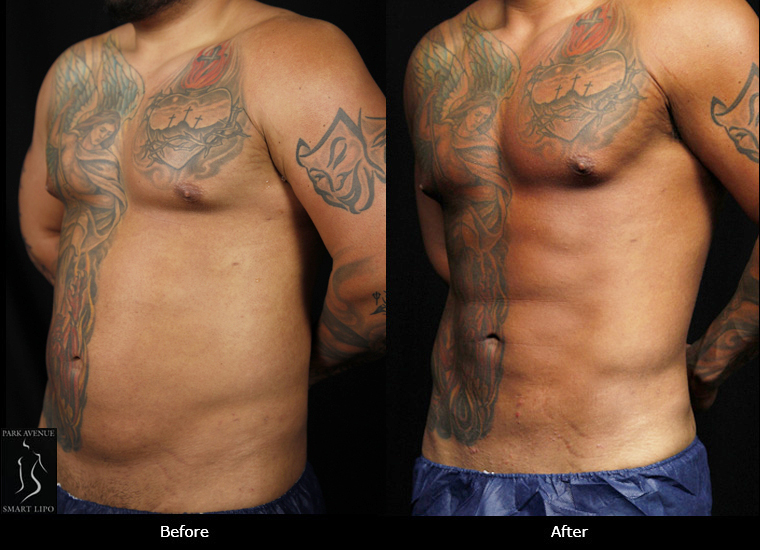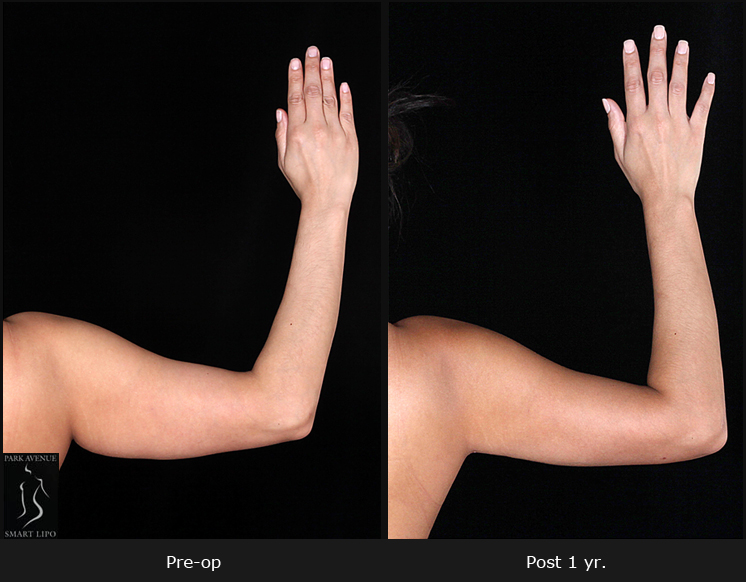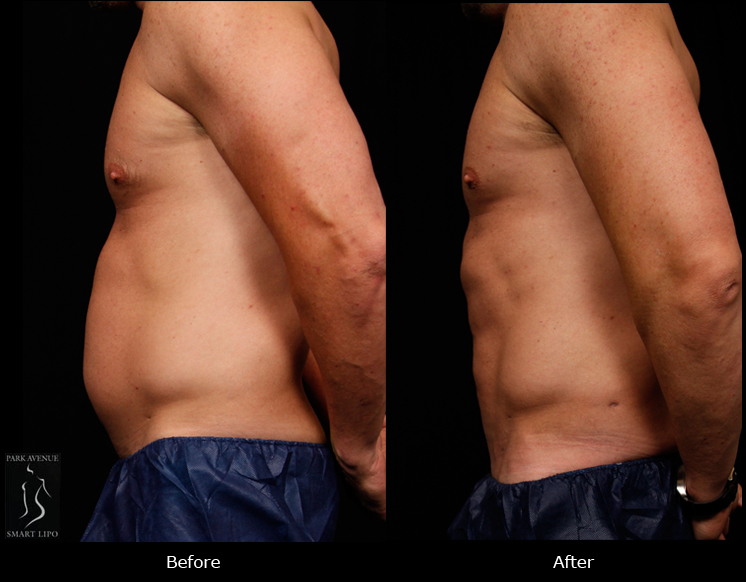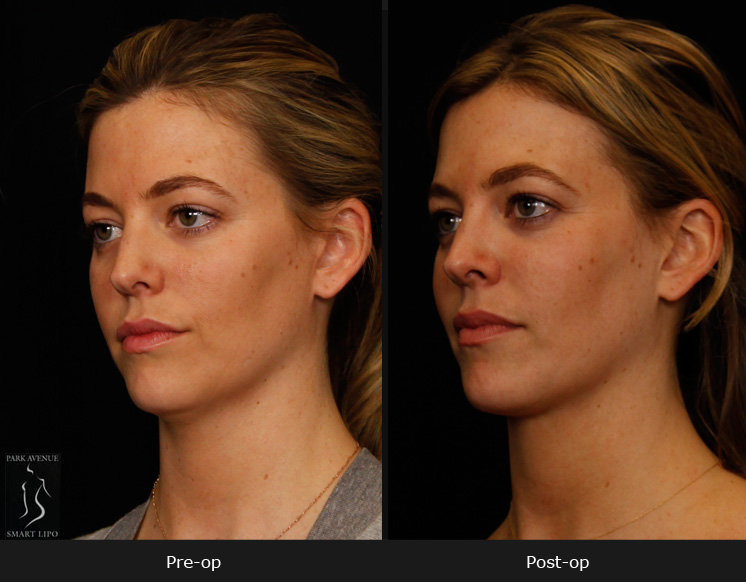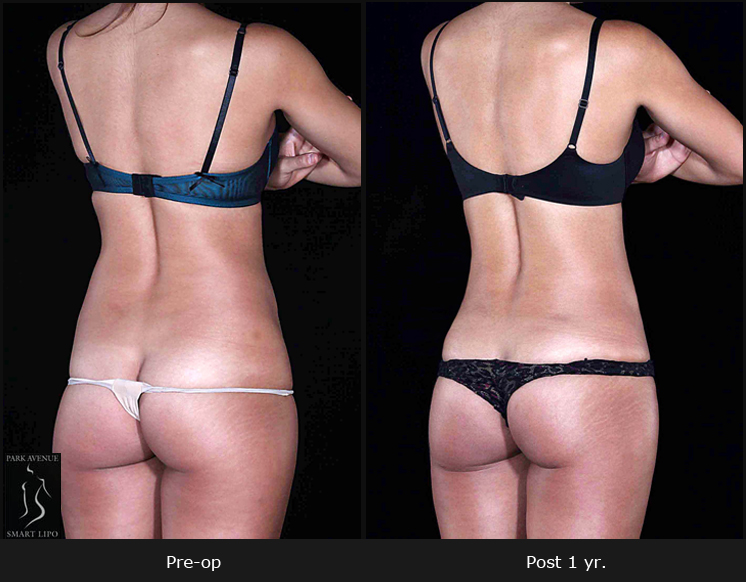Liposuction is safer and more effective than ever before, thanks to minimally-invasive technologies such as Smartlipo Triplex, VASER and BodyTite. These advanced procedures address localized deposits of unwanted fat in various areas of the body. The treatments can be performed under local anesthesia on an outpatient basis and healing is much faster than with conventional liposuction surgery.
One of the main advantages of these minimally-invasive options is that they offer long-lasting results in minimal downtime and without any serious side effects. However, proper after-care is important and you need to follow the surgeon’s instructions to the hilt in order to enjoy smooth recovery after liposuction surgery. Here are the points to note:
- During the first few days, you should be very careful about how you treat your body. Give your body sufficient time to heal by taking rest and avoiding strenuous activities.
- Keep in mind that moderate physical activity is necessary to maintain the blood circulation in your legs.
- The focus during the first three weeks is on minimizing pain, swelling and tissue healing and preventing scar tissue from forming. Lymphatic drainage is often prescribed to reduce swelling. Hand massage can help with mild lymphatic drainage. The surgeon will ask you to wear a compression garment to encourage rapid drainage of the residual anesthetic solution that remains after the procedure.
- Avoid high-impact aerobic activities or exercise for at least two weeks after the procedure.
- Depending on the area of treatment, some people can get back to work in the first few days itself but with some restrictions as advised by the surgeon.
- Take good care of the incision site until it heals. Avoid touching the incision with unclean hands to infection.
- Take antibiotics as prescribed.
- After the third week, the focus will be on scar tissue breakdown and cellulite reduction.
Simple lifestyle changes can help the healing process. Stay hydrated by drinking lots of water and other healthy fluids. Don’t smoke, as smoking affects blood circulation and tissue repair. If you notice anything unusual during the healing stage, contact your surgeon immediately.

